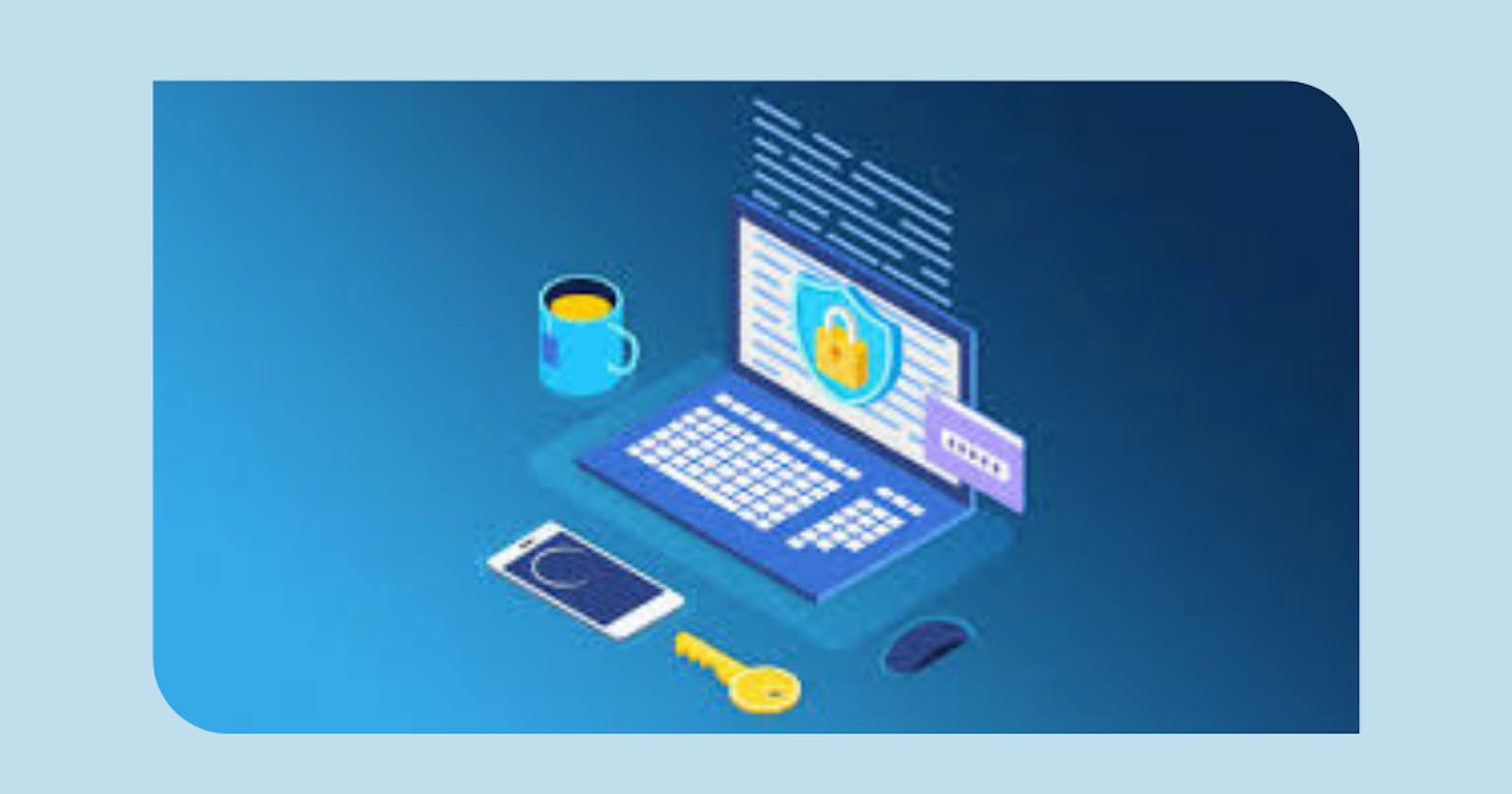It doesn’t take much effort to make your devices, online identity, and activities more secure. Here are nine important tips to secure yourself while online.
Make sure your devices are up to date
I know it sounds cliché but it is not. The reason for security updates is to fix up any vulnerabilities and provide patches for them to prevent malicious individuals from exploiting them. The moment you don't update the software in your device once there is a new update you are making yourself vulnerable to cyber-attacks.
Enabling multi-factor authentication
Enable multi-factor authentication for critical accounts, such as those with financial institutions. When using two-factor authentication, you must enter a code sent by text or email in addition to your username and password. Some accounts require multi-factor authentication with biometric factors such as a thumbprint or face scan for added security.
Use a password generator and change the password immediately after it is compromised
A secure password generator is an excellent way to generate strong passwords that are difficult for attackers to guess. Also, change your password as soon as you suspect any compromise in your device for example if your social media or email have been hacked change it immediately. A good password generator to use is dashlane.com.
Don't save your password on your browser use a password manager instead
After completing a browser session, very few people log out of their browser profiles. Unfortunately, this means that passwords have been decrypted and are available to anyone with direct access to the device or malware that can log in using the user's profile. A password manager always requires the master password before a user can decrypt their stored data. This makes your passwords and data more secure. A good password manager to use is dashlane.com
Stop clicking on suspicious links and domains
Always make sure you confirm the domain name before clicking on any links. For example, netflix.com is not netfix.com. Don't click on it no matter how tempting it is until you are 100% sure it is a legit link or domain.
Be careful of where you download software
A lot of times many sites usually have malware attached to their software so you should be sure that you are downloading from a trusted source to avoid downloading malware into your device. The malware could lead to a ransomware attack where you need to pay to get your data back or spyware where your activities are actively monitored.
Delete all Apps that you don't actively use on your device
According to Cheetah Mobile, malware accounts for up to 1% of all applications installed every day. That means there’s a 1% chance that your device has been compromised by malware. Look through your phone and delete those applications that are just sitting on your phone and not working for you to reduce your chances of getting malware even more.
Only use HTTPS and not HTTP when you surf the web
HTTPS is encrypted so that the hacker doesn't understand the communication between the browser and the server. Using HTTP isn't safe and hackers could steal your data that way. So make sure you use and click on links that have HTTPS and not HTTP.
Avoid free things on the internet
Nothing on the internet is really free, using a free version of applications when there is a paid version often time causes one's data to be stolen. The more free apps you have the more likely your data can be stolen or sold. For example, your location data and personal information could be sold.
